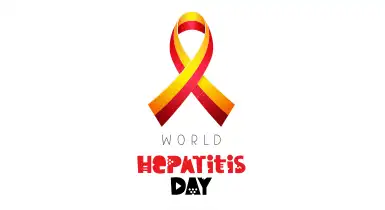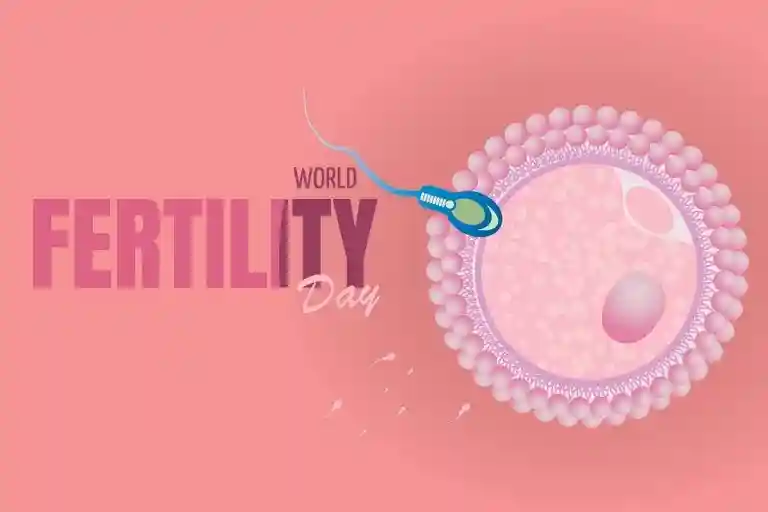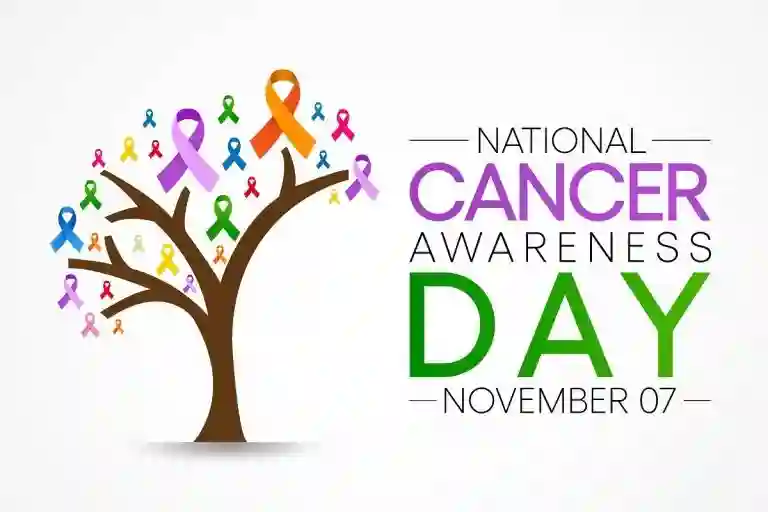As the world continues to battle with the COVID-19 pandemic, it is easy to overlook the grave realities of various other global epidemics that still plague the society in the background. A staggering 900,000 fatalities are caused by the hepatitis B infection every year, leading the World Health Organization (WHO) to raise awareness about the life-threatening virus that continues to raise havoc. However, despite the campaigns and the conscious effort to bring about a change, the world struggles with the lack of awareness, which is perhaps a bigger problem than the infection.
What is Hepatitis? How is it Diagnosed?
According to WHO, there are positive main strains of the hepatitis virus – A, B, C, D and E, of which hepatitis B and C are considered to be a common cause of death. The infection contributes to 1.3 million fatalities every year.
“Hepatitis is swelling of the liver. It can be caused by varied causes like viral infections, fatty liver, toxin like alcohol, drugs, autoimmune, congenital,” says Dr Keyur Sheth, a gastroenterologist at Apollo Spectra Hospital in Mumbai.
“Viral infections like hepatitis A, hepatitis B, hepatitis C, hepatitis E can commonly cause hepatitis. The most common modes of transmission are blood transfusion, needle prick of infected individuals, tattoo piercing, sexual transmission, or mother to child transmission,” he adds.
United we stand Keeping in mind this year’s theme, ‘Hepatitis-free future’, the WHO has called upon countries to join hands in defeating the virus by 2030. Urging united effort, the WHO has come up with a positive step agenda to eradicate hepatitis infection: Prevent infection among newborns. Stop transmission from mother to child Leave no one behind Expand access to treatment Maintain essential services during the COVID-19 outbreak Emphasising the importance of early detection of hepatitis in children, Dr Atish Laddad, a leading Pediatrician, Founder & Director at Docterz talks about how the infection can be tackled within six months of contagion.
“Mostly in children, these infections tend to get cleared up within a span of 1 to 2 months with no treatment required. But if not detected early (within 6 months) in children, the virus tends to multiply gradually and remains in the body leading to slow yet progressive damage,” he tells Sakal Times .
“If not detected on time, it can lead to a state called chronic carrier state. Hence for early detection, it is prudent to get your child tested. Children born to an HBV positive mother must receive an H-B-I-G shot and the hepatitis B vaccine dose within 12 hours of birth,” he adds.
Myths & Facts On account of World Hepatitis Day, Sakal Times spoke to Dr. Pratik Tibdewal, a Consultant Gastroenterologist at Wockhardt Hospital, Dr. Roy Patankar, leading Gastroenterologist & Director of Zen Multispecialty Hospital, and Dr. Akash Shukla, Senior Hepatologist, Global Hospital to clear common misconceptions concerning hepatitis.
Myth 1: Hepatitis B is Not Treatable
Some types of hepatitis tend to go away on its own. Sometimes, it progresses to liver cirrhosis (scarring of the liver). Patients will have to take rest and bid adieu to alcohol while recovering from it. Doctors may prescribe interferon (antiviral agent) to tackle Hepatitis C. Another myth is that hepatitis is a hereditary or genetic disease. The fact is that it is not inherited or genetic disease. hepatitis B is generally contracted from mother to child during birth. Thus, giving immunoglobulin can help prevent it.
Myth 2: Herbal or Natural Products Can’t Damage the Liver
Many drugs and products are associated with the development of hepatitis. Some drugs used for TB, Epilepsy, rheumatoid arthritis, heart arrhythmias and pain-killers can cause hepatitis. Similarly, many Chinese herbal products, unauthentic, impure or contaminated ayurvedic drugs, local medicines or inappropriate herbal products can cause hepatitis.
Myth 3: All Hepatitis Infections Are Life-Threatening
Yes, but the fact is that the infection may not kill anyone. Many people are suffering from hepatitis infection and are leading a healthy life. So, do not fret and opt for appropriate treatment. Another myth is that hepatitis B tends to spread by touching, coughing, and sharing utensils. Let me tell you that the fact is that it spreads when body UID from an infected individual enters another through sex, pricking, or even transfusions. Also, some say that hepatitis and jaundice are the same. Not, the fact remains that the jaundice is just the symptom of hepatitis.
Myth 4: I Don’t Drink Alcohol and I Only Eat Good Food. So, I Am Not Prone to Hepatitis
There are several causes of hepatitis other than alcohol. Hepatitis B, Hepatitis C, non-alcoholic fatty liver disease, auto-immune hepatitis, Wilson’s disease etc. These are some examples of hepatitis which can occur in people who don’t drink or maintain a good diet.
Myth 5: Fatty Liver on Ultrasound is Not Important and Can Be Ignored
Presence of fatty liver on ultrasound means metabolic imbalance. It should be immediately evaluated by an expert to see if there is damage in the liver and also if there are other associated features like obesity, diabetes, blood pressure, heart disease, lipid problems (cholesterol), snoring etc. It should be promptly treated and change in lifestyle is often warranted.
Source:
https://www.sakaltimes.com/lifestyle/world-hepatitis-day-2020-building-hepatitis-free-future-53879













